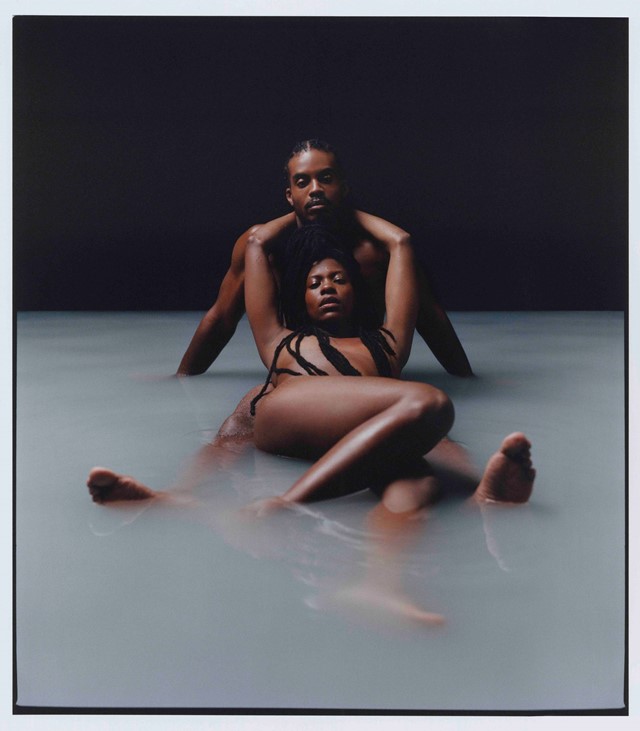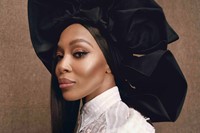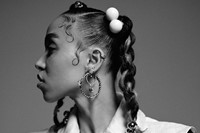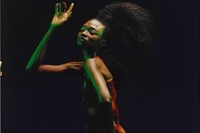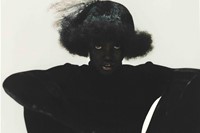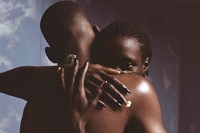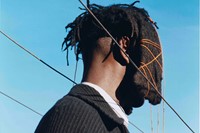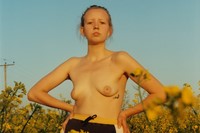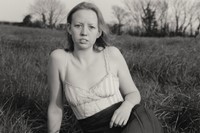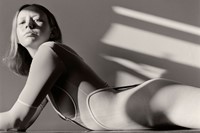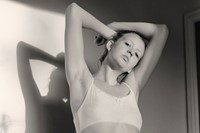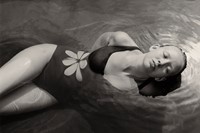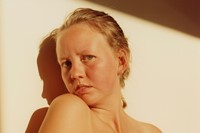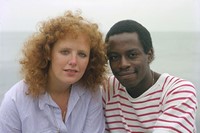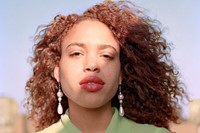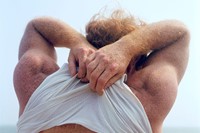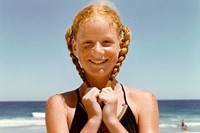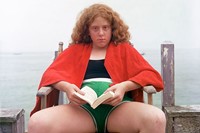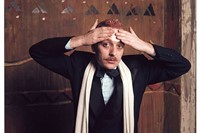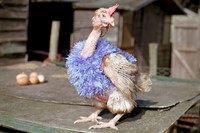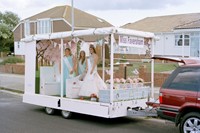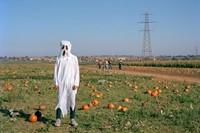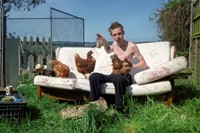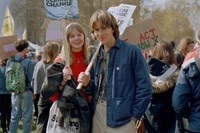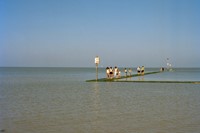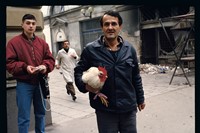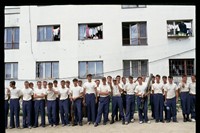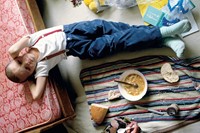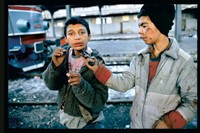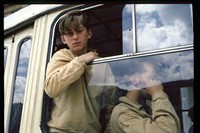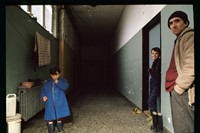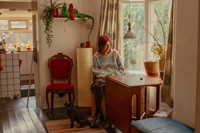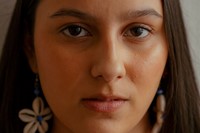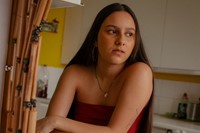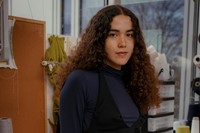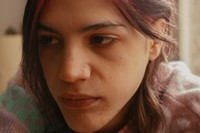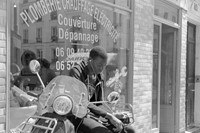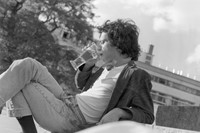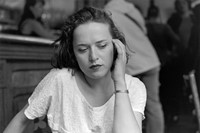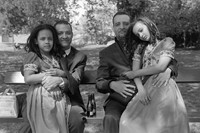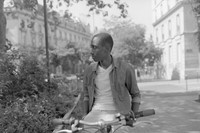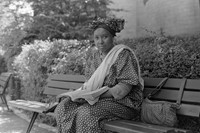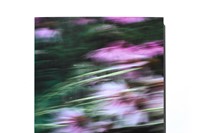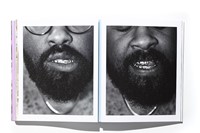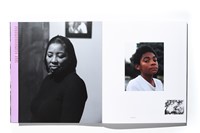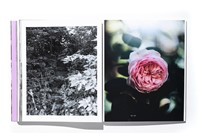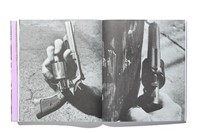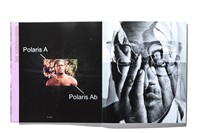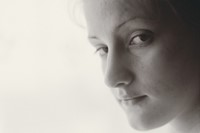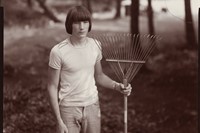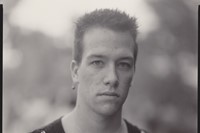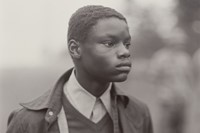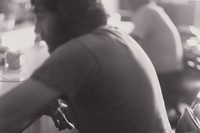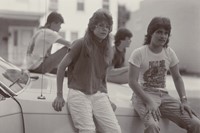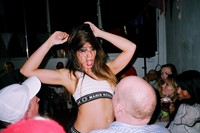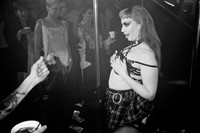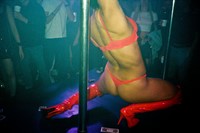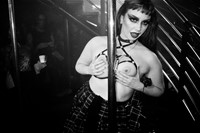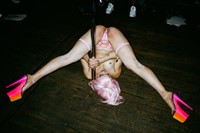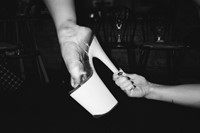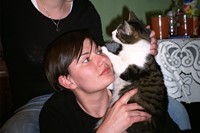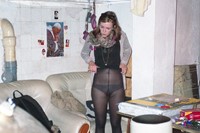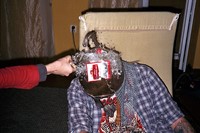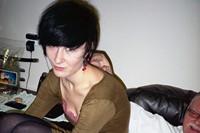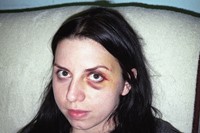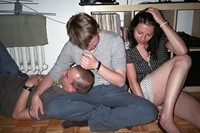From Campbell Addy’s arresting first monograph to Joel Meyerowitz’s seminal 1990s survey of redheads, here is an edit of the best new photo book releases
Feeling Seen by Campbell Addy, published by Prestel
Campbell Addy’s first monograph, Feeling Seen, brings together images of Tyler, the Creator, FKA twigs and Kelsey Lu, along with personal work from the photographer’s travels in Ghana, and writing by Naomi Campbell, Nadine Ijewere, and Tyler Mitchell. “I believe that information is integral to the Black community,” he said in a conversation with Antwaun Sargent for AnOther.
I’d like to get to know you by Francesca Allen
Launched in March, Francesca Allen’s intimate new book documents a summer spent with her younger sister, Alida, in their mother’s home in Devon. Bridging a gap between the pair, who haven’t always shared the easiest relationship, the resulting book is a sun-soaked ode to sisterhood and the unique beauty of the British countryside. “For me, the book feels like looking in a mirror; it’s almost impossible to see it from an outsiders’ perspective, [but] I hope you can see how much I love her through these images,” Allen told AnOther last month.
Redheads by Joel Meyerowitz, published by Damiani
Joel Meyerowitz was a pioneer of colour photography in early 1960s New York – and what better shade of hair to capture in full colour than that of redheads? Republished this year by Damiani, Meyerowitz’s cult book (first published in 1991) Redheads celebrates ginger people of ages, races and genders. “The sun ignites redheads: the hair gets brighter, the skin gets freckles showing up,” he tells AnOther. “And maybe that kind of colouration played a role in catching my interest.”
In-A-Gadda-Da-England by Edward Thompson
Edward Thompson’s sprawling new book, In-A-Gadda-Da-England, documents Britain over a significant two-decade period – between the years of 2002 and 2021. Chronicling London, Birmingham, Devon, Luton, and most of all Kent, Thompson’s book tells the story of the rise of Brexit Britain and the rapidly shifting years which led up to the Covid-19 pandemic. “It’s like a fucking fever-dream-vision-quest of England,” he told AnOther last month. “They’re all documentary photographs. But the way it’s been put together, it’s a bit bizarre, and it’s a bit surreal. There is beauty in it. There is love in it. But there’s also darkness.”
Road to Nowhere by Robin Graubard, published by Loose Joints
Recently published by Loose Joints, Road To Nowhere by New York-born photographer Robin Graubard captures war, turbulence and hope in 1990s Eastern Europe. Photographed over the course of several years, the powerful book documents the conflicts that followed the fall of the USSR and the subsequent rise of a vibrant post-Soviet culture galvanised by youth in Russia, Czechoslovakia, Bulgaria, Serbia, and Bosnia.
Espacio Latino by Paola Vivas
Mexico-born photographer Paola Vivas’s new book shines a light on London’s lesser-documented Latin American Londoners. Compiling a series of intimate portraits shot in her subject’s homes, Vivas’s book is a celebration of the diversity of the city’s Latinx community. “Increasing visibility for an almost invisible community is something that has grown on me and has become something I am extremely passionate about,” Vivas recently told Dazed. “We form part of the cultural richness of this country and we are ready to show that.”
BELLEVILLE by Thomas Boivin, published by Stanley Barker Books
Just in from Stanley Barker Books, French image-maker Thomas Boivin’s new title is a gentle black-and-white portrait of the Parisian neighbourhood of Belleville. Shot over the course of a decade, the book documents a bittersweet mixture of “beauty and decay, of joyful moments and sadness” in the area. “I started to photograph its streets and people as soon as I moved there, and kept photographing for years,” he says. “Photographing people, above all, was what I found meaningful.”
True Colors (or, Affirmations in a Crisis) by Zora J Murff, published by Aperture
American artist Zora J Murff left a career in social work to pursue photography a decade ago, but he never left the communities he helped in that time behind. His new book, True Colors (or, Affirmations in a Crisis), offers a confronting look at the divisive systems of privilege which have formed America past and present, while grappling with themes of Black identity and “the politics of self”. Recently on view in an exhibition held by Webber Gallery, the accompanying Aperture book is described by the publisher as “a chronicle of survival”.
Photographs 1978–2015 by Judith Joy Ross, co-published by the Fundación MAPFRE and Aperture
Regarded by many as one of the greatest portrait photographers in history, a new book on Judith Joy Ross – Photographs 1978–2015 – features delicate images of strangers – teachers, children, protestors, and more. “Photographs are much more appealing to me than life,” said Ross. “Life is too hard, too complicated, too meaningless, too everything … If you look at a photograph, you think you understand something.”
Wanting You To Want Me: Stories From the Secret World of Strip Clubs by Bronwen Parker-Rhodes and Emily Dinsdale, published by Hardie Grant Books
Bronwen Parker-Rhodes and Emily Dinsdale’s taboo-shattering new book, Wanting You To Want Me: Stories From the Secret World of Strip Clubs, takes its readers inside London’s strip clubs via a series of illuminating images and intimate interviews with the dancers themselves. “We want readers to feel drawn into the stories like they would be drawn into compelling conversations as if they were sitting in a darkened booth or side by side in the changing rooms,” says Dinsdale. “I hope there are moments of empathy and recognition between the dancers narrating these stories and the readers – whoever they might be and whether or not they’ve ever set foot inside a strip club.”
Yaga by Agata Kalinowska, published by BWA Gallery
“It was bloody, it was sweaty, it was crazy and I wanted to portray that,” says Agata Kalinowska, whose photo book Yaga documents Poland’s queer women. Created over a decade while Kalinowska worked at bars across the country, the resulting images are messy, honest, and at times, ecstatic. “We are building a certain queer narrative in Poland. I think we are fighting for visibility; not only for political visibility but also for visibility of very personal experiences.”
